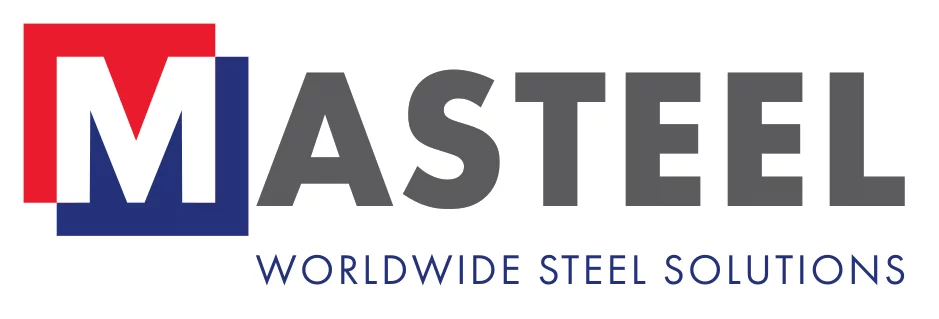Almost every single industry on the planet uses tubular steel at some point or another – whether they are regularly implemented to continue meeting modern consumer demands, or are used to get a business up-and-running. It might sound like hyperbole, but tubular steel is one of the most important steel products currently manufactured.
This primarily comes down to the versatility of the product and its terminology. Tubular steel does not just refer to circular hollow section steels, it includes hollow and solid bars that are circular, rectangular, or bespoke in shape. They can be composed of multiple alloying elements, with varying carbon contents and a wide choice of finishes to suit potentially limitless applications.

This article will explore some of the more common applications of tubular steel in more detail:
Construction
Tubular steel is pervasively used in the construction industry and is perhaps most immediately recognizable as the structure of scaffolding systems. These galvanized lengths of hollow steel are designed with excellent mechanical stability and good impact resistance to withstand demanding working conditions. Tubular steel products are also increasingly used in steel framing systems to support I-beams and structural junctions, enabling the construction of taller buildings than ever before.
Masteel supplies a range of construction steels for varying specifications, with structural grades exhibiting exceptional heat and corrosion resistances.
Gas & Petrochemicals
The gas and petrochemical sector uses thousands of miles of tubular steel pipes to convey crude oils, processed oils, and natural gas through refineries and into pressure vessel containers. These must be capable of withstanding extremely corrosive elements and heat fluctuations regularly, to maintain the ongoing success of everyday chemical processes.
There is a robust range of Chrome Moly tubular steel available from Masteel, with outstanding resistance to acid and alkali corrosion, and oxidation. These products are widely used in all areas of the energy sector.
Nuclear Energy
The non-oxidation and excellent heat resistances of Chrome Moly tubular steels make them broadly applicable to numerous facilities in the energy market. They are equipped to transport superheated steam throughout nuclear processing arrays, with no rusting and excellent thermal shock resistance. These properties enable the safe and consistent production of electricity from multiple sources, including fossil fuels, atomic, and renewable energies.
Transport
Tubular steel is an integral component for manufacturing almost any vehicle, from motorbikes to commercial cruise liners. These steel products combine good strength-to-weight ratios with exceptional degrees of formability, allowing them to be machined and welded to product-specific shapes and lengths.
Primarily, tubular steel is used to transport liquid fuels to an engine, and to exhaust effluent gases such as carbon monoxide (CO). Exhaust pipes are typically equipped with catalytic converters to oxidize harmful gases to form less toxic or damaging variants (i.e. carbon monoxide to carbon dioxide (CO2)). These substances can be corrosive, so it is crucial that tubular steel in these applications exhibits exceptional chemical resistant properties. Stainless steel tubes are becoming increasingly cost-effective for various transport applications, with their anti-rusting properties and good mechanical stability under demanding chemical conditions.
Tubular Steel from Masteel
Masteel provides a broad range of tubular steel products with limitless applications for worldwide market sectors. We specialize in large diameter pipes from 50 mm to 2,500 mm, which can be produced in high quality alloys with an array of finishes.
If you would like to know more about our tubular steel products, please do not hesitate to contact us.
